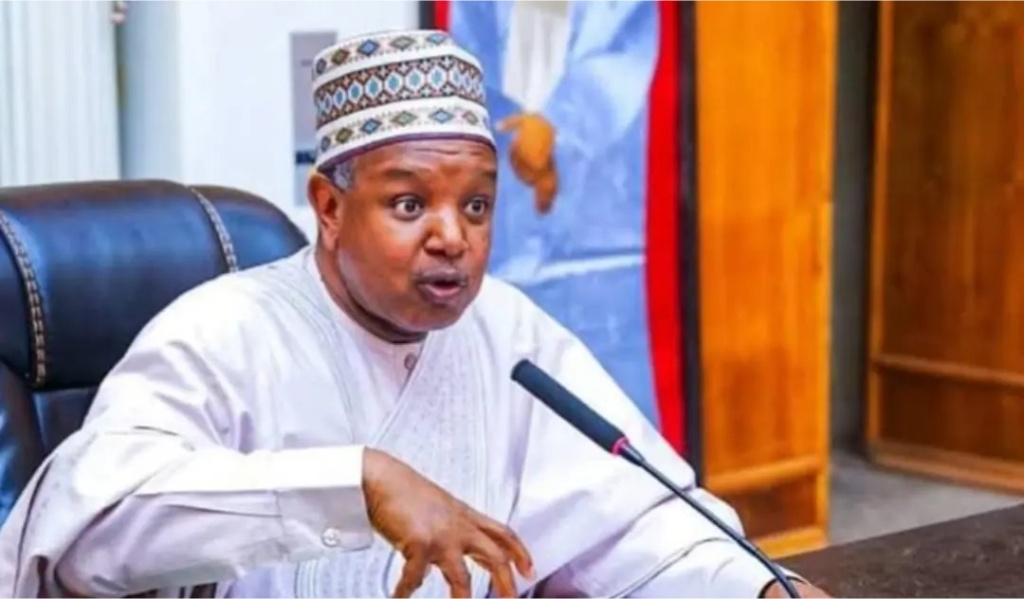
By Onwubuke Melvin – The Federal Government said it has set aside N130 billion for the execution of energy transition plans in the country.
This was disclosed by the minister of budget and economic planning, Abubakar Bagudu at a dialogue on mainstreaming climate action into Nigeria’s Development Plans with the theme: “Unlocking Climate Finance, Actionable Partways for Nigeria’s Low Net Emissions Growth.” on Monday.
According to the Minister, who was represented by his special adviser, Bolaji Onalaja, the administration of President Bola Tinubu has been consistent in its efforts to combat climate change since he came to power, adding it resulted in the allocation of the funds in the 2024 budget for implementation of the energy transition plan.
Bagudu said, “In spite of the seeming challenges on issues relating to the environment, the administration is committed and ensuring implementation of the Presidential CNG initiative and other energy transition programmes.”
He stated that the Climate Change Act of 2021 has been passed and the National Council on Climate Change is set up.
The minister also called on stakeholders such as all tiers of government, the local and international communities, and civil society organisations alike to support the process of financing climate change actions in Nigeria.
Meanwhile, the executive director African Policy Research Institute, Olumide Abimbola said the programme has been designed to discuss Nigeria’s climate change transition and to explore practical ways of mainstreaming climate change into Nigeria’s development plans.
Abimbola underlined that the APRI was looking for evidence-based insights to inform Nigeria’s climate action and ensure a just transition, which would be driven by credible data and local realities.
He said “Our aim through our work on climate action in Africa is to serve as a resource hub that provides real, factual, evidence-based, and sometimes hard truths regarding the policies and actions of government and other stakeholders working on climate transition in Africa.
“Climate change is already inflicting immense damage on lives and livelihoods, especially on people who have the least capacity to adapt to its effects in Africa.
And we need to begin to implement reform initiatives directed at clearly demonstrating that our plans are fact-based and rooted in the realities of our political economy.”
He added “For us to do this, we need to reflect internally and evaluate actionable pathways for Nigeria’s Low Net Emissions Growth.
“Pathways that do not compromise on our development priorities, and that also incorporate resilience in the realities of foreseeable climate impacts.
“Collaboratively, we want to learn and identify the measures that are required in designing actionable pathways for Nigeria’s low net emissions growth.”
He pointed out that in line with local climate and socioeconomic realities and priorities of development, the need for Africans to shape and chart Africa’s climatic transition pathways is growing.
He hoped that the information and insight gained at this meeting would be of use to stakeholders in Nigeria’s climate transition.
Kindly follow us on twitter:@AfricanVoice2








